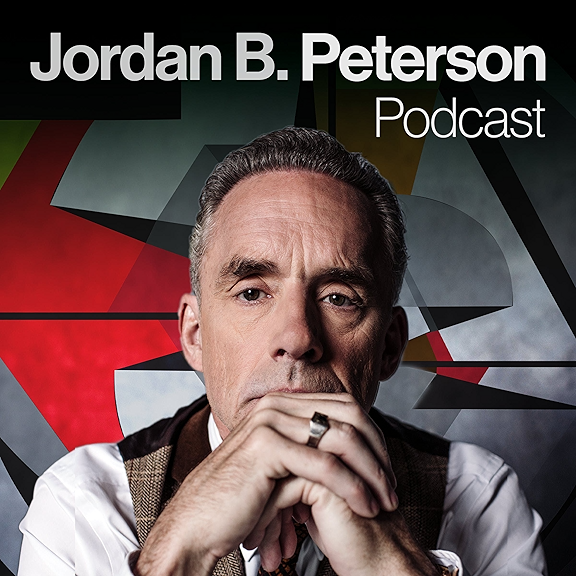
The Annual Sir Thomas Gresham Lecture 2023
The period from 1988 to 2003, was one of extraordinary optimism. Every year the number of democracies increased, human rights improved, violent conflict reduced, there were fewer refugees and there was less global poverty. It was an era of triumph for the western liberal Democratic model for the United States and the politics of the centre ground.
But the next 11 years was disrupted by series of humiliating shocks to the west – the fiasco of the Iraq war, the global financial crisis, and the emergence of social media all contributed to the loss of faith in the western economic model. This was the period when China having joined the World Trade Organisation grew rapidly larger than the French British German Japanese economies. A period when new democracies ceased to emerge. When the Arab Spring cruelly exposed the false hopes of a Facebook revolution. Public confidence in the future waned.
This was the prelude for the new age, beginning in 2014 – the age of populism. From the election of Narendra Modi in India, through Brexit, Trump and Bolsonaro - a new form of politics, emerged on four continents - pitching an imagined “people“ against an “elite“ exploiting the new potential of social media and growing resentment, to inflame polarisation. Politics became even more vicious and divisive. The pragmatic centre ground disappeared.
Across the world, the number of democracies began to shrink, violent conflict increased, refugees increased so did civilian deaths in conflict. And in 2022, the Russian invasion of Ukraine brought a new authoritarian inflection to the age of populism. China, whose economy in 2005 was still smaller than that of the United Kingdom now had an economy seven times larger. The rise of UAE and Saudi reinforced the prestige of authoritarian economic powers. Western failures to respond to the crisis in Syria and Crimea undermined their credibility. The United States and Europe struggling both to come to terms of their own colonial histories and divisions within their own country, lurched into isolation. International development aid reduced. Poverty in Africa continued to explode.
Many of the fundamental structures which drove the stagnation, polarisation and collapse remain today. Nevertheless, there is a maturity and reality to the centre ground which should still be a source of inspiration.
Reenergising the centre requires rediscovering the fundamental principles of Aristotle‘s theory of language. The combination of logos, pathos, and ethos. Hope, reality, and truth can, and should suggest a better future for the democratic politics and the global order.
A lecture by Rory Stewart OBE recorded on 8 June 2023 at The Old Library, Guildhall, London.
The transcript and downloadable versions of the lecture are available from the Gresham College website: https://www.gresham.ac.uk/watch-now/thomas-gresham-23
Gresham College has offered free public lectures for over 400 years, thanks to the generosity of our supporters. There are currently over 2,500 lectures free to access. We believe that everyone should have the opportunity to learn from some of the greatest minds. To support Gresham's mission, please consider making a donation: https://gresham.ac.uk/support/
Website: https://gresham.ac.uk
Twitter: https://twitter.com/greshamcollege
Facebook: https://facebook.com/greshamcollege
Instagram: https://instagram.com/greshamcollege




















